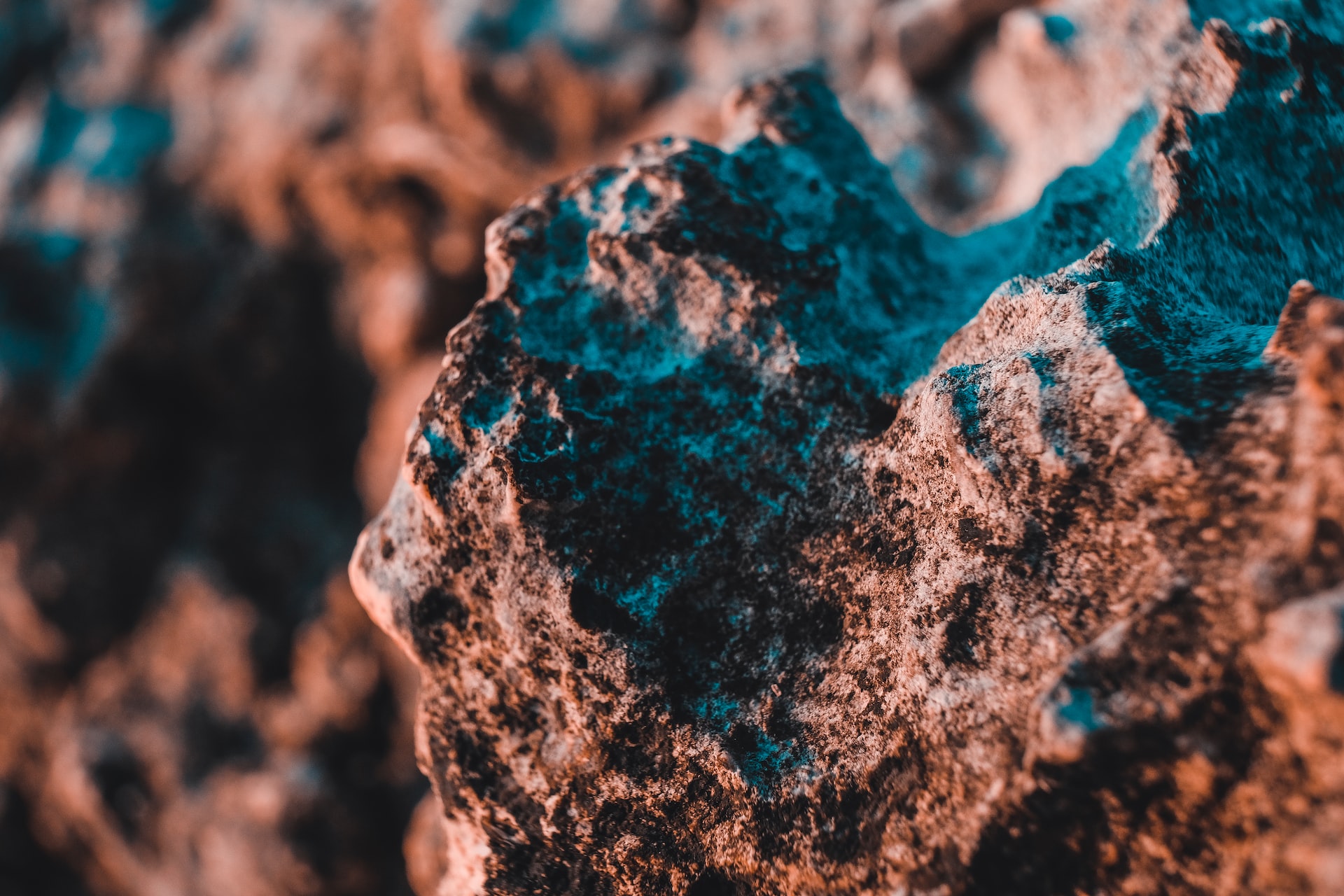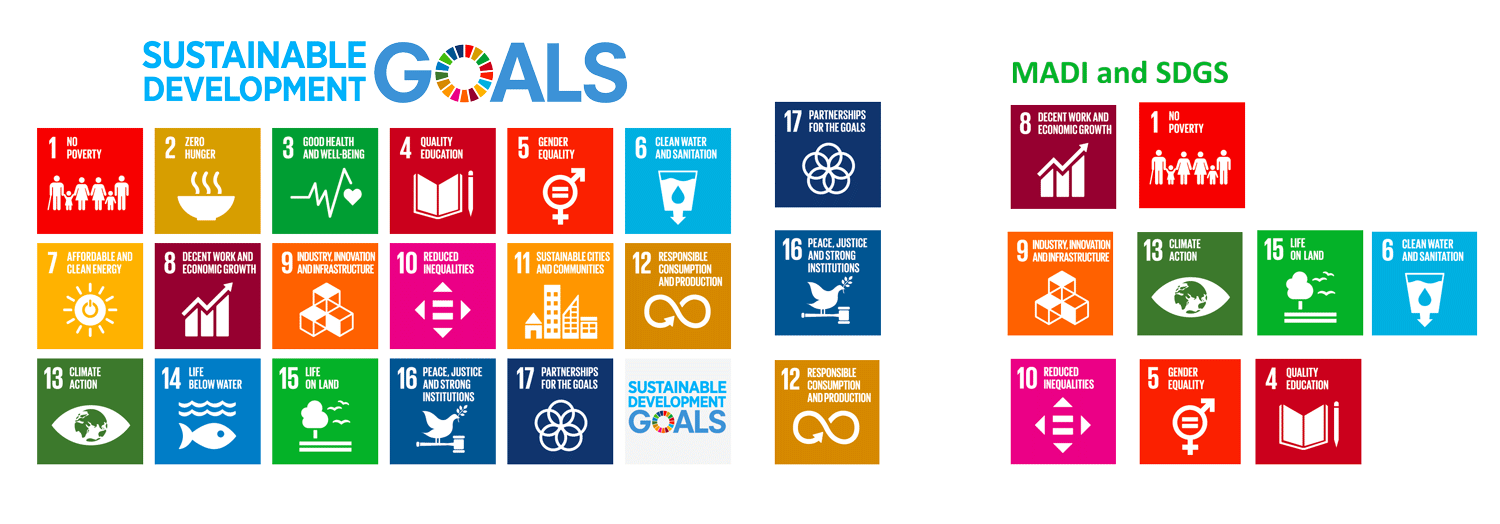Energy Minerals
Metallic Minerals
Non-Metallic Minerals
“Africa is the world’s top producer of numerous mineral commodities and has the world’s greatest resources of many more, but most of Africa still lacks systematic geological mapping which could bring to light a much greater resource base. Unfortunately, most of Africa’s minerals are exported as ores, concentrates or metals, without significant value-addition. There is thus a large potential for mineral beneficiation. Africa also has significant known resources of fossil fuels (oil, gas, and coal) and has large biomass and bio-fuels potential (ethanol, bio-diesel), especially in the tropics.
In addition, it has massive hydro-electric potential (e.g. Inga 45GW, Congo River 200GW) and largely un-assessed geothermal potential along the Great African Rift Valley.” The Africa Mining Vision shared vision for transparent, equitable and optimal exploitation of mineral resources to underpin broad-based sustainable growth and socio-economic development will comprise:
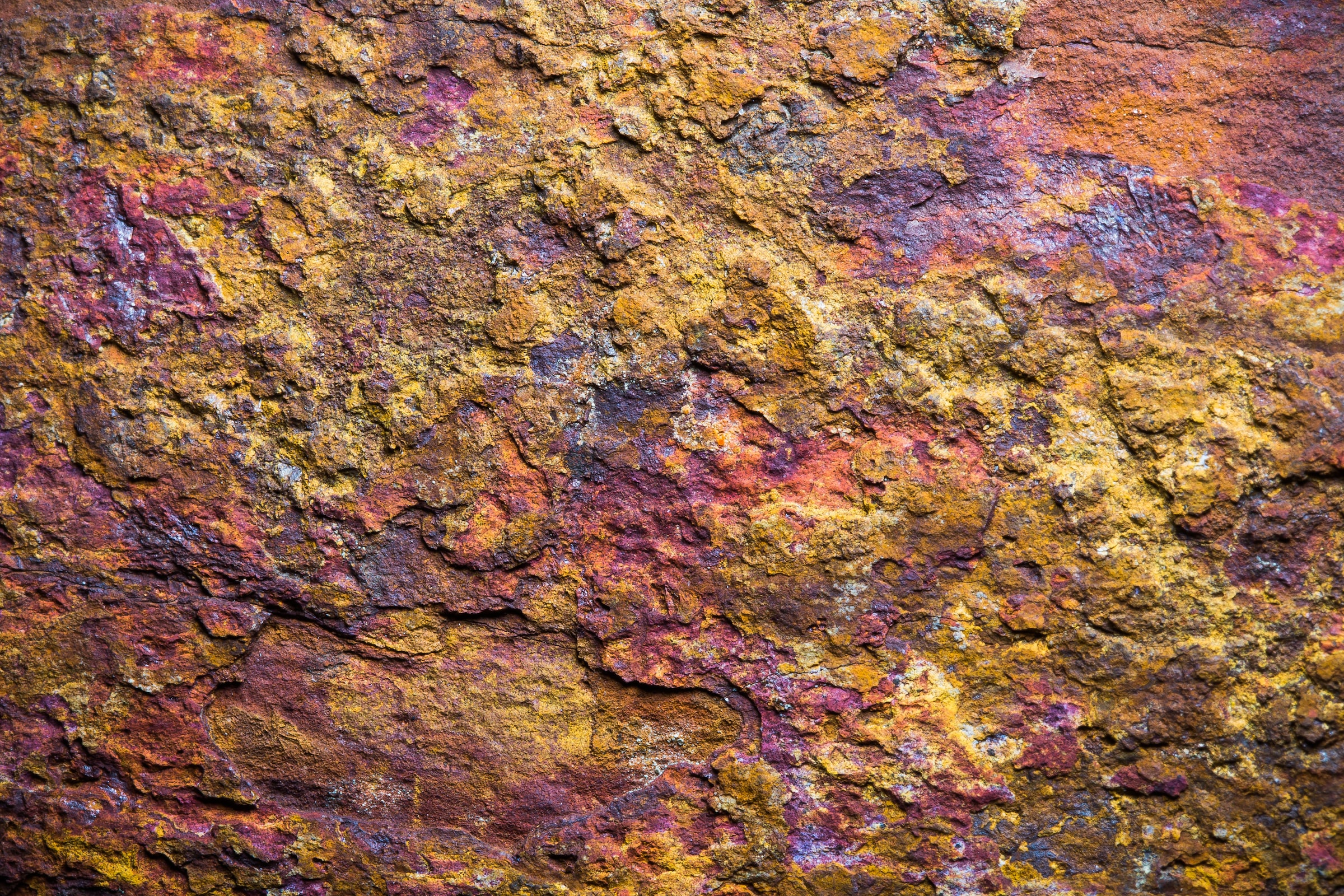

Focus
As such, MADI focuses on all mineral resources – oil, gas and solid minerals. In this regards, MADI looks at Minerals Value Chains and their products as Africa pushes for reducing export of commodities to promoting resources based industrialisation.
African governments should not focus on maximizing revenue but optimizing value along the value chains; similarly, Industries and Companies investing in Africa should not focus on maximizing profits for their shareholders, but should focus on shared value or value creation along the value chains. MADI’s cross cutting themes for these three focus Minerals categories are:
A knowledge-driven African mining sector that catalyses & contributes to the broad-based growth & development of, and is fully integrated into, a single African market through:
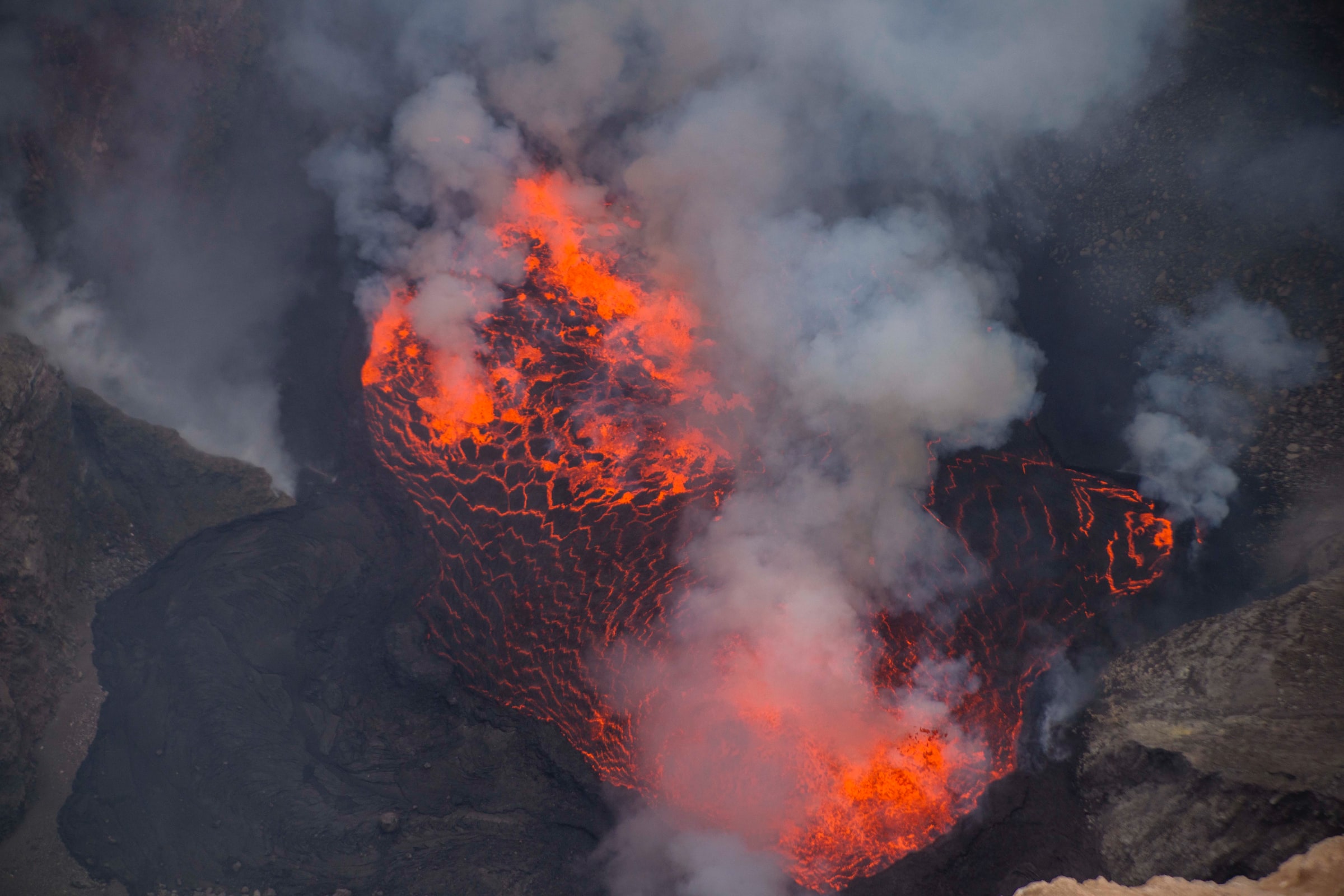

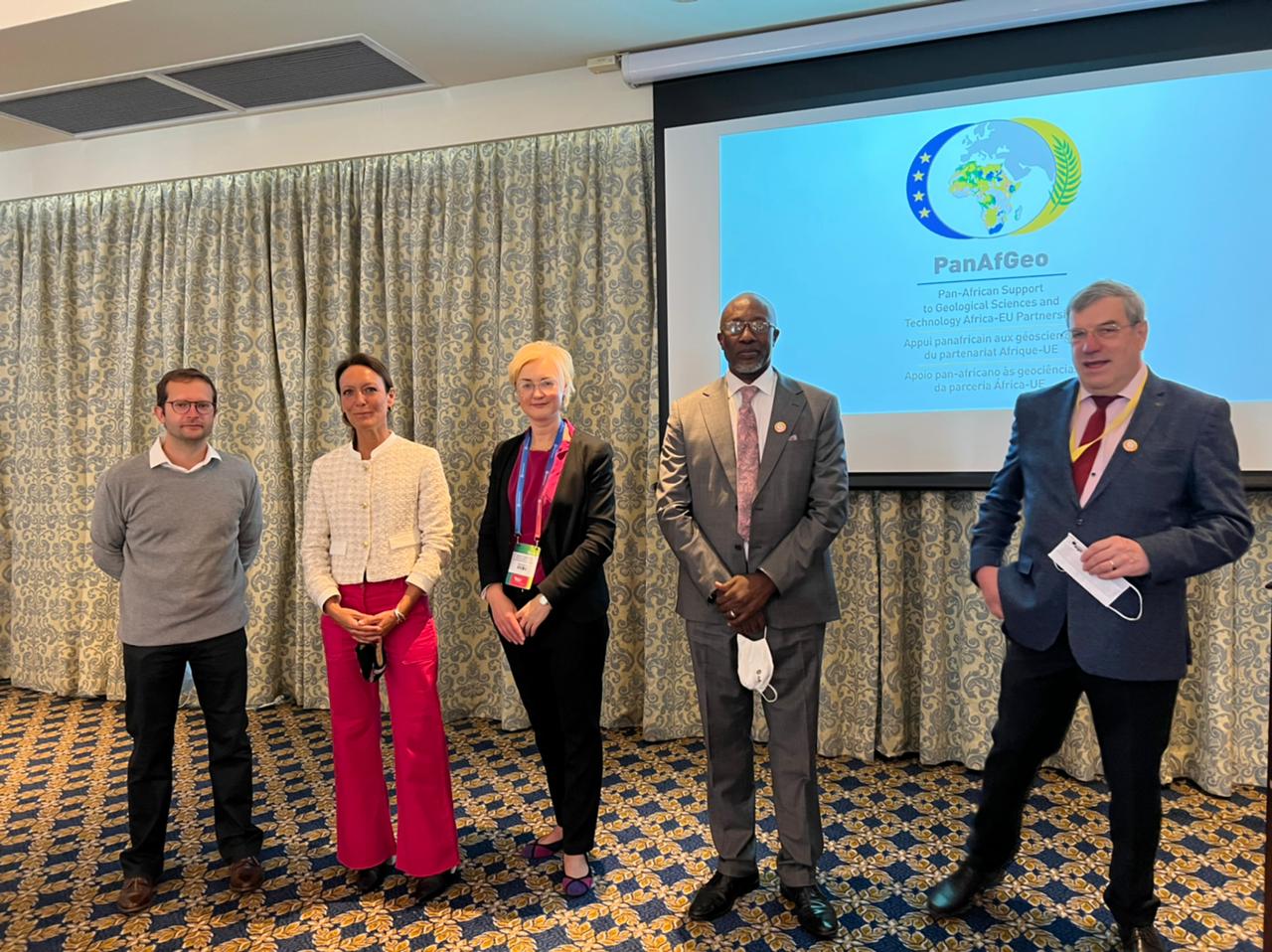

Further focus on
SOME INSIGHTS


